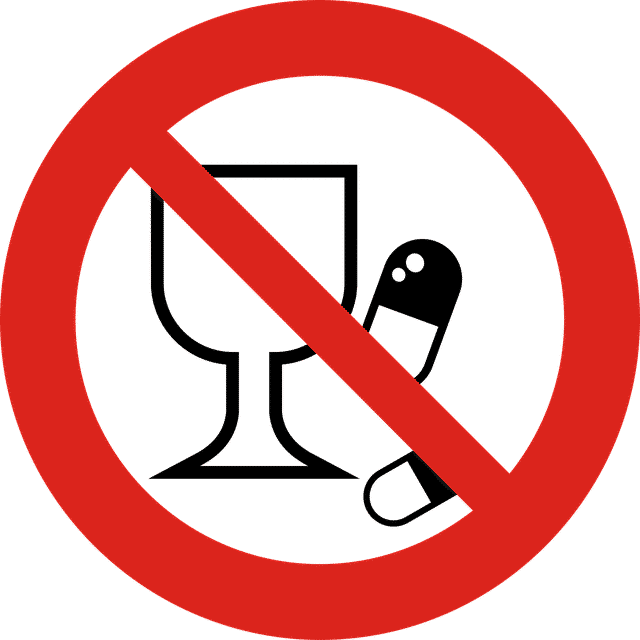Several countries have tried to grapple with the problem of alcoholism by prohibition over several times in the past; the most iconic one would have to be the prohibition era in Chicago and the rise of Al Capone, as a result. Prohibition generally means a complete ban on all alcohol based drinks but it should also be pointed out that prohibition can also be applied equally to other substances that are in the process or have been banned. It is time that we took a closer look at prohibition and the positive and negative effects of the same.

Positive impact of prohibition:
Prohibition, which makes it illegal to produce, market, distribute and imbibe certain substances, has been enacted several times in the past with differing results. But usually, it often led to the following positive effects.
- Health impact: Alcoholism is one of the few substances that have a negative impact on one’s body over a period of time. As a result of enforced prohibition, people often had no access to the banned substance and in the process, managed to improve their health. The number of patients with liver damage as a result of rampant alcoholism dropped steadily over the period that the prohibition was in force.
- Less domestic violence: One of the underlying causes of domestic violence and in fact for some of the violent crimes happens to be alcoholism. And enforced prohibition often results in less domestic violence and even leads to a substantial drop in crimes. This is not to imply that alcoholism is one of the causative factors behind all acts of domestic violence and criminal acts but it does play a pivotal role in the same.
- Reduced public drunkenness: Chances are that you have already come across several drunken individuals making a nuisance of themselves. These people often have little or no awareness of what they are doing and often end up behaving in a way that is bound to cause extreme embarrassment to their loved ones. At the end of the day, prohibition prevents such acts of public drunkenness by banning the substance and ensuring that the public does not have access to the same.
- Fiscal benefit: As a result of prohibition, alcoholics will no longer be able to spend all their money on drinks and as a result, their families will have more money for essential goods and services than before. This is why it is important to ensure that prohibition in one form or other remains an active policy for the various benefits it entails.
Negative impact of prohibition:
- Underage drinking: One of the effects of prohibition was to encourage young people to drink; as most teens would prefer to do the “prohibited’, the act of prohibition itself encourages many to break the law. Whatever be the motivation, one of the effects of prohibition was the spurt in underage drinkers.
- Organized crime: One of the effects of prohibition was the rise of organized crime as these criminal gangs ran several illegal enterprises to manufacture alcohol as well as several speakeasies to distribute the same. The sad fact is that enforced prohibition often encouraged many to break the law and to subvert the same and in the process, helped the rise of organized crime in a particular location.
- Corruption: One of the negative effects of prohibition is that it often led to a sharp rise in corruption. As organized crime started to peak out during prohibition, it often leads to several public officials being compromised in order to facilitate the various criminal activities. This has resulted in wide-scale corruption which can become endemic and even impact the development of the nation, as a whole.
- Loss of revenue: Most governments often enforce large cess on alcoholic drinks, and this revenue often forms a major part of their tax revenue. But prohibition often means loss of revenue to the government; both state and federal who could better utilize the same for other purposes, like infrastructure.
These are some of the positive and negative effects of prohibition; and while it should be pointed out that prohibition as a law had been enacted several times in the past, the success of such policies was rather limited. Governments have realized since then that rather than opting for a full-scale prohibition it makes more sense to go in for educating the masses as a complete prohibition often seems to encourage many to break the law, which is rather ironical when you think about it.
- Tulip Mania – The Story of One of History’s Worst Financial Bubbles - May 15, 2022
- The True Story of Rapunzel - February 22, 2022
- The Blue Fugates: A Kentucky Family Born with Blue Skin - August 17, 2021
